Prime Minister Mark Carney’s conditional support for new oil pipelines has reignited debates over Canada’s balancing act between economic priorities and climate commitments as global trade tensions intensify.
In an interview, Carney affirmed his willingness to back pipeline projects if national consensus emerges, marking a notable shift from his earlier ambiguity.
“First off, I’ve said repeatedly: yes. First point,” Carney told CTV News. This stance contrasts with his April 2025 remarks on Tout le Monde en parle, where he called pipelines optional in a broader portfolio of “nation-building projects.”
Carney indicated openness to revising two contentious policies: Bill C-69, which mandates environmental and social impact assessments for major energy projects, and the federal oil-and-gas emissions cap.
“Absolutely, [changes] could include both,” he said, citing “constructive” talks with Alberta Premier Danielle Smith and Saskatchewan Premier Scott Moe. While Smith praised their recent dialogue as a “positive first step,” climate groups argue that pipeline expansions contradict Canada’s pledge to cut emissions 40-45% by 2030.
Carney’s government insists any adjustments would prioritize project efficiency without abandoning emission targets.
The government’s vision to position Canada as an “energy superpower” remains loosely defined, blending fossil fuel development with clean energy investments.
“It’s not just about exporting more oil and gas,” he said, pointing to carbon capture technology and renewable energy as complementary priorities.
Yet market realities complicate this dual approach. Shares in Canadian energy giants like Suncor and Canadian Natural Resources have stagnated since 2023, while renewables-focused like NextEra Energy has surged 28% year-to-date. Meanwhile, 90% of Canada’s crude exports still flow to the US, highlighting vulnerabilities to Trump’s trade policies.
All eyes now turn to Carney’s June 2 summit with provincial leaders in Saskatchewan, where pipeline approvals and environmental regulations will dominate discussions. Alberta and Saskatchewan premiers have long demanded federal concessions to accelerate energy projects, while Quebec and British Columbia remain skeptical of new fossil fuel infrastructure.
Information for this story was found via CTV News and the sources and companies mentioned. The author has no securities or affiliations related to the organizations discussed. Not a recommendation to buy or sell. Always do additional research and consult a professional before purchasing a security. The author holds no licenses.

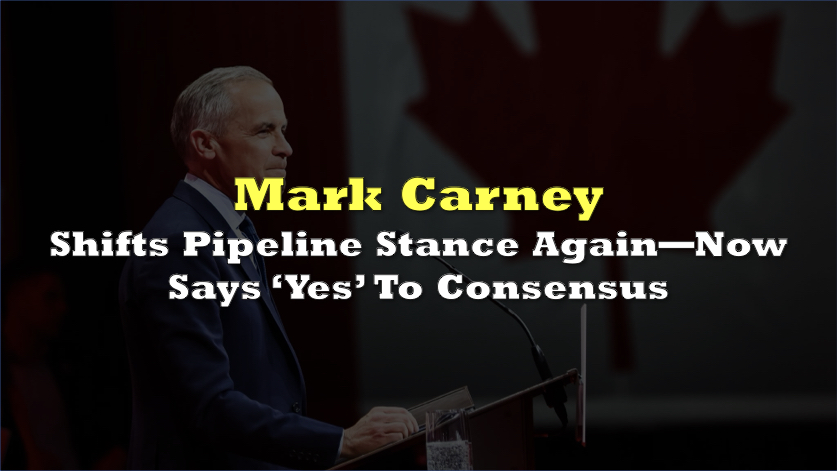



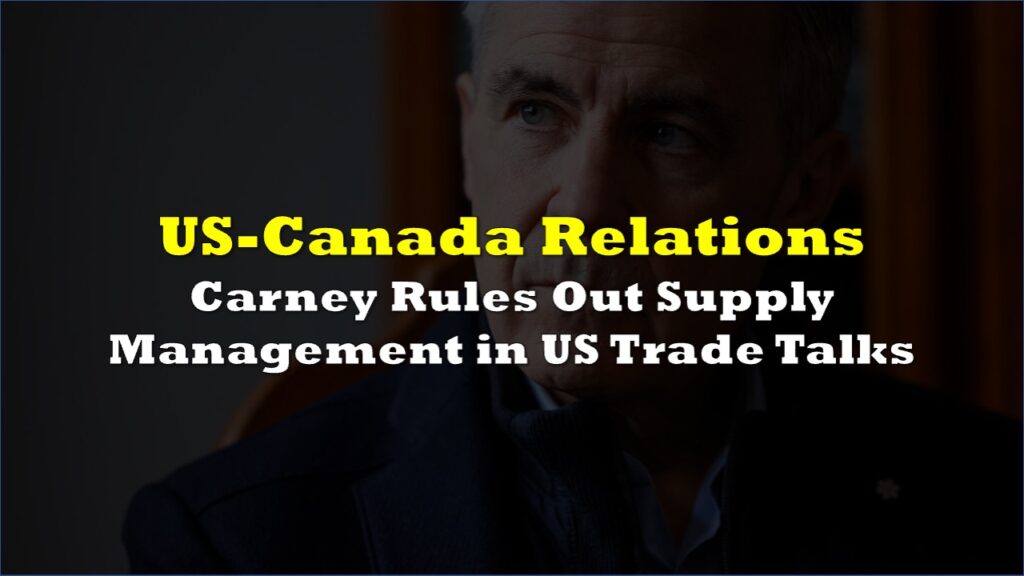
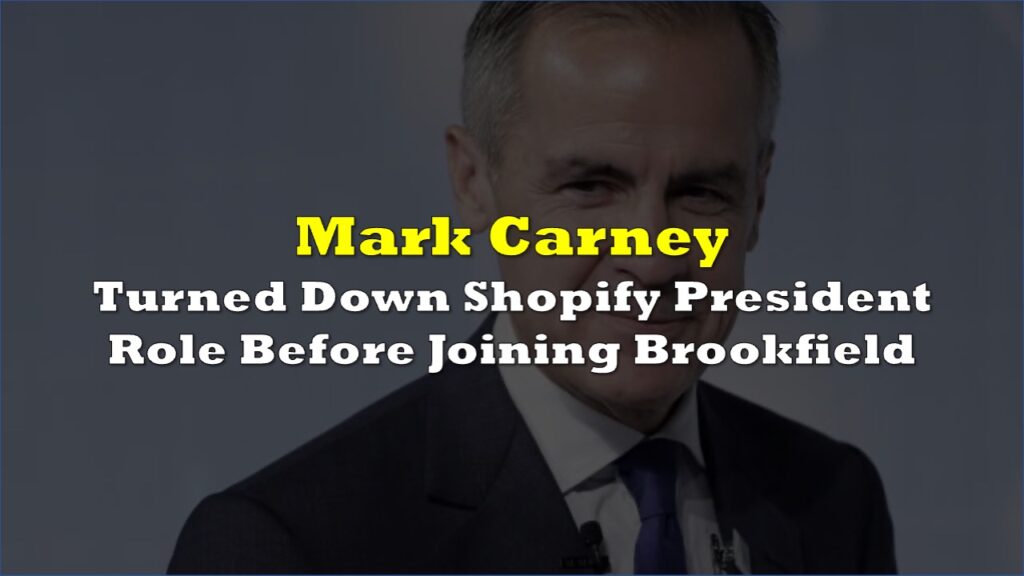
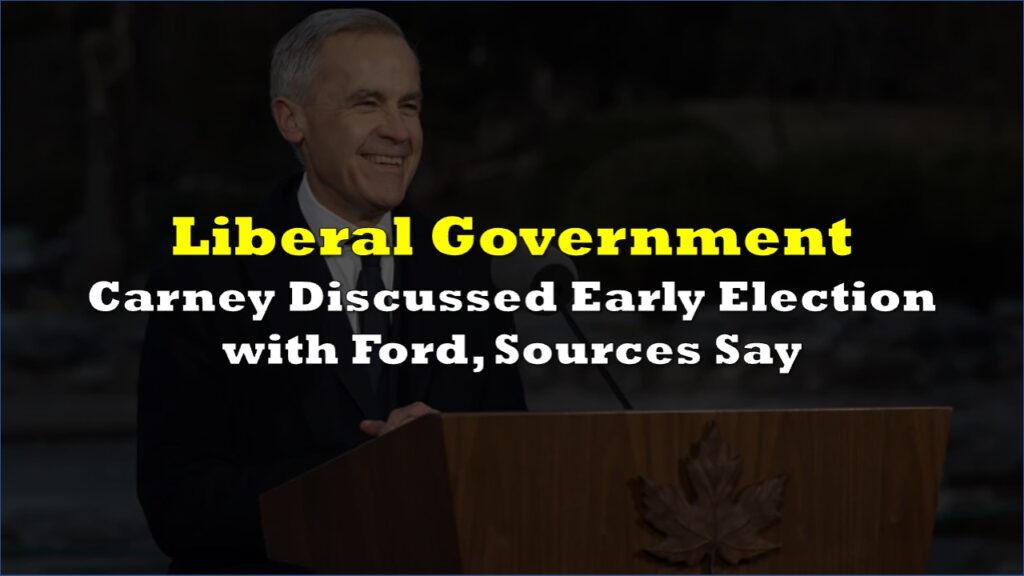
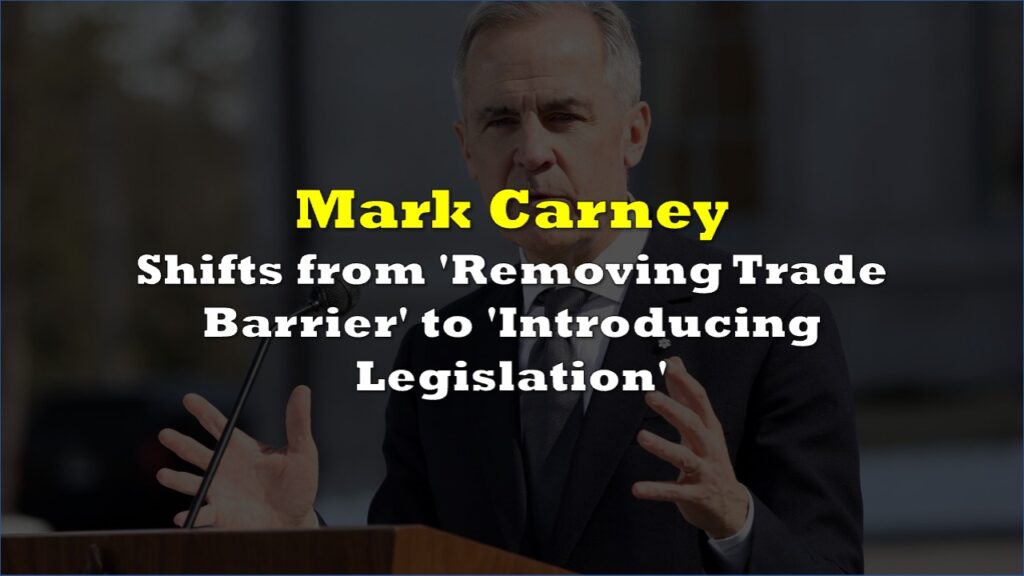

One Response
Carney basically tells you what you want to hear. He then reverts to his original ideals – get rid of gas and oil – when it comes to implementation. That of course implies that he is capable of implementing anything. He says yes to consensus (of whom -his cabinet) which will allow him to revert to his original documented ideals. CBW